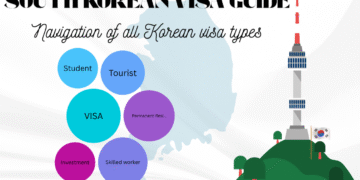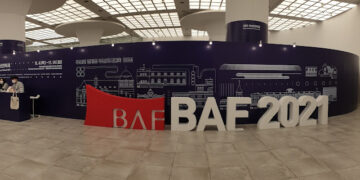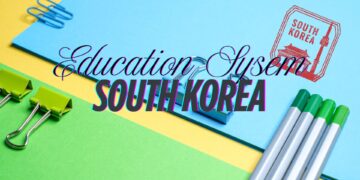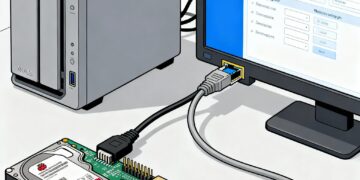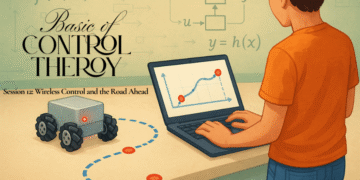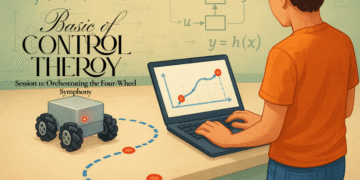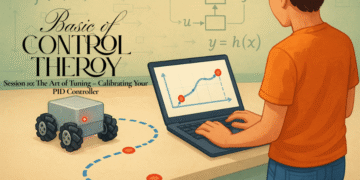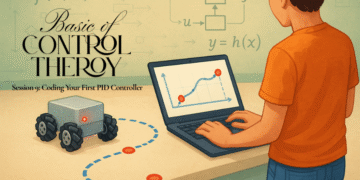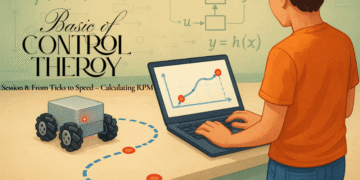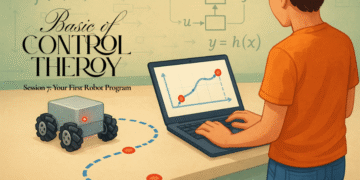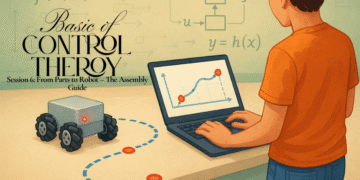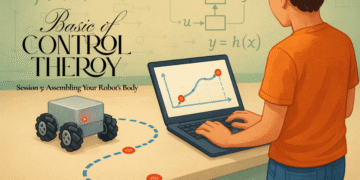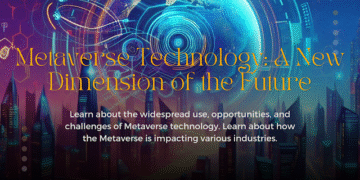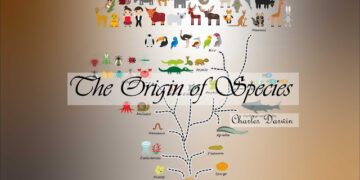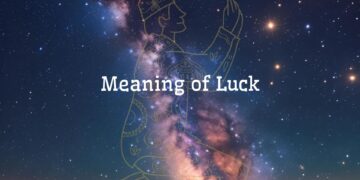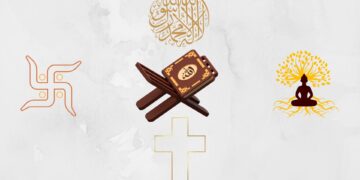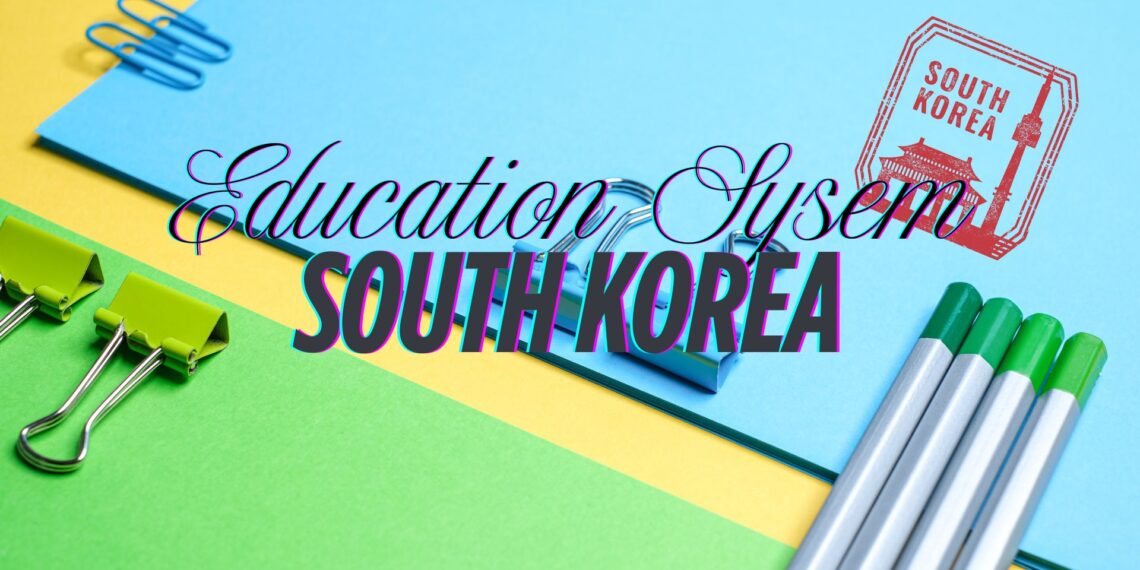I. Introduction
The South Korean education system has long been lauded for its rigor and effectiveness, producing a nation of highly skilled and educated individuals. This system, characterized by its six-year elementary, three-year middle, and three-year high school structure, has been instrumental in propelling South Korea from a war-torn nation to a global economic powerhouse. However, understanding this system requires a deeper look beyond its impressive results.
Table of Contents
- I. Introduction
- II. Curriculum and Syllabus: Balancing Knowledge with Skill
- III. Technology and Innovation in Education: Shaping a Connected Learning Landscape
- IV. Effectiveness and Concerns: Balancing Achievements with Challenges
- V. Conclusion: A Model Unveiled, Yet Unfinished
- References
The South Korean education system operates under a philosophy of intense academic pressure, prioritizing standardized testing and rote memorization. This focus on high achievement fuels a fiercely competitive environment, particularly for students aiming to enter the prestigious SKY universities (Seoul National University, Korea University, and Yonsei University). While this rigorous approach undoubtedly contributes to strong academic performance, it also raises concerns about student well-being, social inequalities, and the overemphasis on standardized tests.
Despite these concerns, the system’s effectiveness in building a knowledge-based society is undeniable. South Korea boasts high literacy rates and educational attainment, consistently ranking among the top performers in international assessments like PISA. This strong foundation in education has enabled the country to thrive in the globalized knowledge economy, fostering innovation and technological advancement.
However, the question remains: can the Korean model be replicated universally? While the system’s strengths are undeniable, its rigid structure and relentless pressure raise questions about its long-term sustainability and its applicability to diverse cultural and social contexts. This article delves into the complexities of the South Korean education system, examining its curriculum, syllabus, technological integration, and overall effectiveness in shaping a knowledge-based society. By analyzing its strengths and weaknesses, we aim to provide a comprehensive understanding of this unique educational model and its potential impact on the global landscape.
II. Curriculum and Syllabus: Balancing Knowledge with Skill
The South Korean education system upholds a stringent curriculum designed to equip students with a strong foundation in core academic subjects. This curriculum, prescribed by the Ministry of Education, emphasizes:
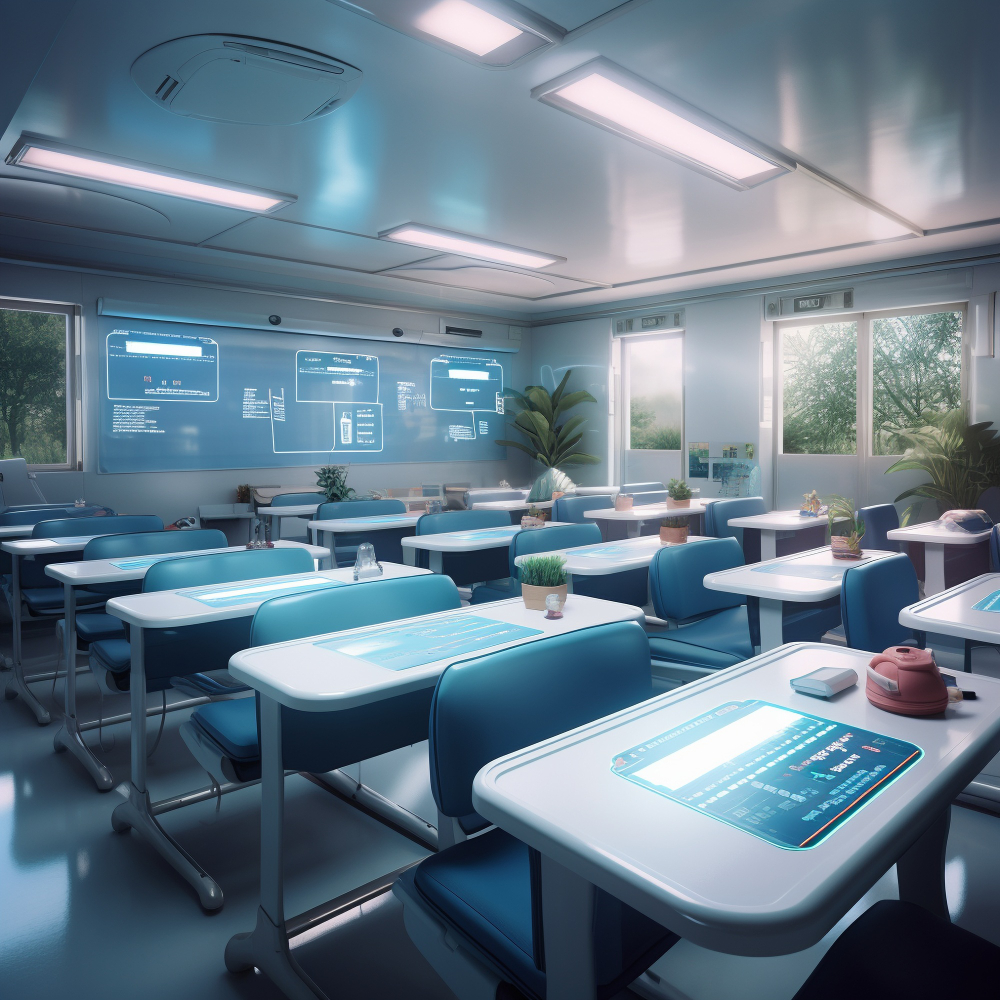
A. Core Subjects and their Importance:
- Korean Language and Literature: Fosters proficiency in written and spoken Korean, emphasizing grammar, vocabulary, and cultural understanding.
- Mathematics: Develops strong mathematical skills and problem-solving abilities, vital for STEM fields and critical thinking.
- Science: Introduces key scientific concepts and methodologies, nurturing curiosity and scientific literacy.
- Social Studies: Provides knowledge of history, geography, and civics, shaping informed and responsible citizens.
- English: Aims to develop fluency in communication and comprehension of English language, essential for global engagement.
B. Emphasis on Memorization and Rote Learning:
The traditional approach heavily relies on memorization and rote learning, evident in the emphasis on drills, repetitions, and standardized testing. While this method ensures strong factual knowledge and exam preparation, it has been criticized for:
- Limiting critical thinking and creativity: Focusing solely on rote learning hinders the development of higher-order thinking skills like analysis, synthesis, and evaluation.
- Encouraging conformity and discourages individuality: The emphasis on standardized responses can stifle creativity and discourage divergent thought.
- Contributing to student stress and burnout: The pressure to excel in exams can lead to anxiety, depression, and negative mental health consequences for students.
C. Recent Reforms to the Curriculum: Embracing Innovation and Holistic Development
Since 2015, the Korean education system has undergone significant reforms aimed at addressing the limitations of the traditional curriculum and fostering a more holistic educational experience. These reforms focus on three key areas:
1. Diversifying Subjects and Skills:
- Integration of ICT and coding: Recognizing the importance of digital literacy, coding programs have been introduced in elementary and middle schools.
- Financial literacy education: Equipping students with essential financial knowledge and skills to make informed decisions.
- Career exploration programs: Providing students with opportunities to explore different career paths and develop their interests.
- Strengthened physical education and arts curriculum: Promoting physical activity, creative expression, and social-emotional learning.
2. Fostering Critical Thinking and Problem-Solving:
- Shift from rote learning to project-based learning: Encouraging students to apply knowledge through real-world projects and collaborative activities.
- Focus on open-ended questions and discussion: Promoting critical thinking and deeper understanding through active participation and discourse.
- Introduction of problem-solving strategies: Providing students with tools and frameworks to tackle complex challenges and develop innovative solutions.
- Emphasis on interdisciplinary learning: Breaking down subject silos and encouraging students to connect knowledge across different disciplines.
3. Promoting Student Well-being and Social-Emotional Learning:
- Reduction of teaching hours and homework: Allowing students more time for personal development, hobbies, and extracurricular activities.
- Introduction of anti-bullying programs: Creating a safe and inclusive learning environment for all students.
- Integration of social-emotional learning: Providing students with tools and strategies to manage emotions, build healthy relationships, and navigate challenges.
- Increased focus on mental health and well-being: Offering counseling services and promoting positive coping mechanisms for students.
These reforms demonstrate a significant shift towards a more holistic approach to education, emphasizing not just academic achievement but also critical thinking, creativity, social-emotional skills, and well-being. While the implementation and effectiveness of these reforms are still under evaluation, they provide a promising glimpse into the future of Korean education, aiming to cultivate well-rounded individuals prepared for the challenges and opportunities of the 21st century.
III. Technology and Innovation in Education: Shaping a Connected Learning Landscape
South Korea’s embrace of technology has transformed its educational landscape, integrating digital tools and resources into classrooms across the country. This technological integration has brought about significant changes in the way students learn and teachers teach, offering both opportunities and challenges for the education system.
A. Integration of Technology into the Classroom:
- Interactive whiteboards: Replacing traditional chalkboards, these digital boards enhance engagement through interactive presentations, multimedia content, and collaborative activities.
- Digital textbooks and learning platforms: Providing students with personalized learning experiences, access to online resources, and interactive practice exercises.
- Educational apps and games: Utilizing gamification and interactive elements to make learning more engaging and accessible for students of all ages.
- Educational robots and coding programs: Introducing students to coding and robotics, fostering computational thinking and problem-solving skills.
B. Challenges and Opportunities of Technology in Education:
- Digital divide and access to technology: Ensuring equitable access to technology and internet resources remains a challenge, particularly for students from low-income families.
- Cyberbullying and online safety concerns: Creating a safe and secure online learning environment requires addressing cyberbullying and online safety issues.
- Teacher training and curriculum development: Equipping teachers with the necessary skills and resources to effectively integrate technology into their teaching practices.
- Data privacy and security concerns: Protecting student data and ensuring responsible use of online platforms are crucial considerations.
C. The Future of Technology in Korean Education:
- Personalized learning and adaptive technology: Tailoring learning experiences to individual student needs and learning styles using data-driven insights.
- Virtual reality and augmented reality: Creating immersive learning experiences that enhance engagement and understanding of complex concepts.
- Artificial intelligence and machine learning: Utilizing AI to personalize learning pathways, offer intelligent tutoring systems, and support teachers in providing feedback and guidance.
The integration of technology into the Korean education system holds immense potential for enhancing learning experiences, fostering innovation, and preparing students for the demands of the digital age. However, navigating the challenges and ensuring equitable access, responsible use, and teacher preparedness are crucial to maximizing the positive impact of technology on education. The future of Korean education lies in harnessing the power of technology to create a more personalized, engaging, and effective learning environment for all students.
IV. Effectiveness and Concerns: Balancing Achievements with Challenges
The Korean education system undeniably boasts impressive results, contributing significantly to the nation’s economic development and social mobility. However, assessing its effectiveness requires a nuanced understanding of its strengths and weaknesses, acknowledging both its achievements and its ongoing challenges.
A. Strengths of the Korean Education System:
- High academic achievement: South Korea consistently ranks among the top performers in international assessments like PISA, demonstrating students’ strong academic foundation in core subjects.
- Strong workforce skills: The emphasis on STEM education and technical skills equips graduates with the knowledge and abilities required for the knowledge-based economy.
- Commitment to education and lifelong learning: South Korea boasts a strong culture of valuing education, encouraging individuals to pursue continuous learning and professional development.
- Investment in education: The government dedicates significant resources to education, ensuring access to quality infrastructure, resources, and technology in schools.
B. Concerns and Challenges:
- High levels of student stress and burnout: The intense pressure to succeed academically, coupled with the emphasis on standardized testing, can lead to anxiety, depression, and other mental health issues among students.
- Social inequalities and educational disparities: Students from lower-income families often face disadvantages due to limited access to quality education resources and private tutoring.
- The “SKY” university obsession: The excessive focus on entering the prestigious SKY universities (Seoul National University, Korea University, and Yonsei University) creates an unhealthy competitive environment and overshadows alternative pathways to success.
- Rote learning and lack of critical thinking: While the emphasis on memorization and standardized testing ensures high test scores, it can limit the development of critical thinking, creativity, and problem-solving skills.

C. The Need for a Balanced Approach:
The Korean education system stands at a crossroads, needing to balance its strengths with its weaknesses to foster a truly holistic and sustainable educational model. This requires:
- Promoting academic excellence alongside creativity and critical thinking: Shifting the focus from rote learning towards encouraging independent thinking, problem-solving, and innovative approaches.
- Addressing student well-being and mental health: Implementing measures to reduce stress and anxiety, providing access to mental health services, and creating a supportive learning environment.
- Fostering diversity and inclusion in education: Addressing inequalities in access to quality education and promoting inclusive practices to cater to the needs of all learners.
- Adapting to the changing needs of the 21st century: Integrating technology effectively, preparing students for the digital age, and equipping them with essential skills for the globalized workforce.
The future of the Korean education system hinges on its ability to navigate these challenges and embrace a more balanced approach. By nurturing both academic excellence and well-being, creating a more equitable and inclusive learning environment, and continuously adapting to the evolving needs of the world, the Korean education system can continue to be a model for success and empower its students to thrive in the 21st century.
V. Conclusion: A Model Unveiled, Yet Unfinished
The South Korean education system offers a fascinating case study in the intricate relationship between education, economic development, and societal values. While its undeniable achievements in academic excellence and economic growth are noteworthy, a deeper analysis reveals a system grappling with internal contradictions and evolving challenges. The pressure-cooker environment, the emphasis on rote learning, and the social inequalities raise questions about the long-term sustainability of the current model.
However, the recent reforms and the commitment to innovation demonstrate a proactive approach to addressing these concerns. The integration of technology, the focus on holistic development, and the emphasis on critical thinking and problem-solving skills suggest a system in transition.
Can the Korean model be replicated globally? While its successes are undeniable, its cultural context and unique historical circumstances should be kept in mind. Ultimately, each nation must adapt and customize educational models to best suit its own needs and aspirations.
The South Korean education system serves as a valuable source of insights for nations seeking to improve their own educational landscape. While it may not be a blueprint for universal application, it offers a compelling example of a system striving for excellence while acknowledging its own limitations. As the world evolves and demands new skills and competencies, the Korean education system continues to evolve, navigating the complexities of the modern world while seeking to empower its students to shape the future.

References
- Kim, J. S. (2018). Education reform in South Korea: A case study of the “Korean Wave” phenomenon. Educational Studies, 44(3), 292-308.
- OECD. (2019). Education at a Glance 2019: OECD Indicators. OECD Publishing.
- Park, S. (2018). The Korean education system: Strengths, weaknesses, and challenges. Journal of Educational Development, 41(1), 21-35.
- Roehrig, G., & Park, H. J. (2010). Education in South Korea: Lessons for America? Issues & Insights, 17(1), 1-6.
- Ryu, E., & Kang, Y. H. (2011). Educational reform and the changing landscape of education in Korea. Journal of Educational Change, 12(2), 155-172.
- The World Bank. (2018). Korea’s development experience: The miracle on the Han River. World Bank Publications.
As we conclude this exploration of the South Korean education system, the journey towards a truly balanced and effective model continues. By fostering open dialogue, embracing continuous improvement, and prioritizing student well-being alongside academic achievement, the Korean education system can continue to inspire and guide nations around the world in their own educational endeavors.

